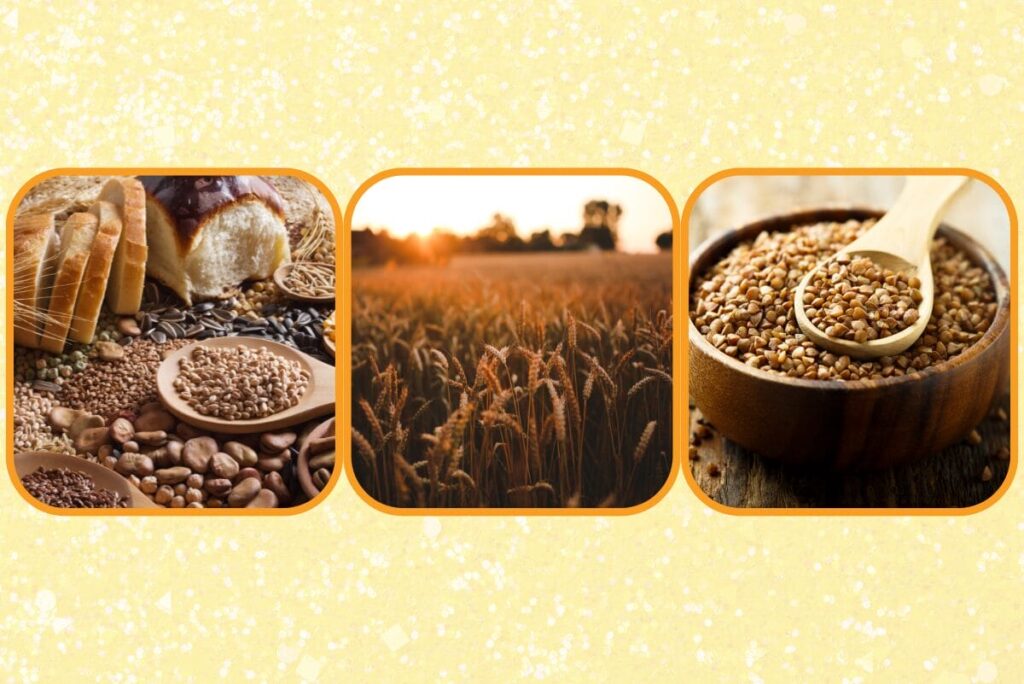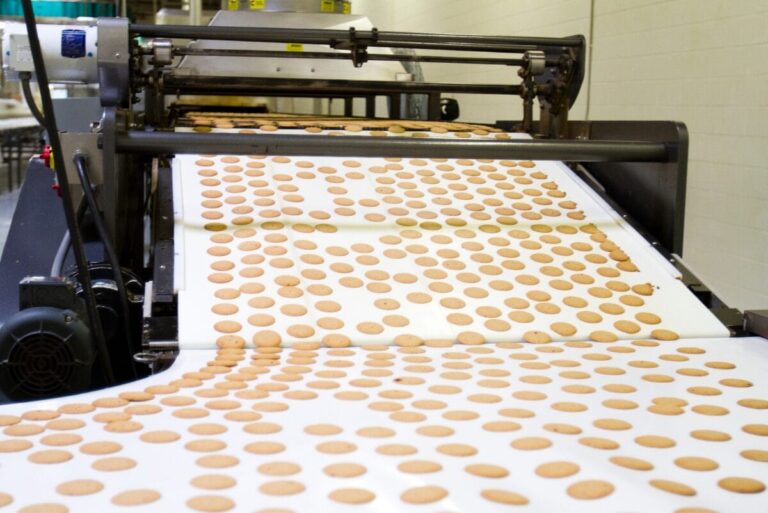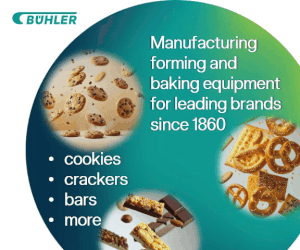Here are a few other trends PCC notes to watch out for:
Testing and Transparency
Major players in the industry are shifting toward having their products certified and tested to prove label claims. This “prove it” trend includes the ongoing support for regenerative agriculture and certified regenerative products.
“To have that third-party seal is a really strict bar,” said Sophie Egan, a food and sustainability expert. “I tend to value third-party certifiers as the referees of food marketing. I think it’s a positive sign that there are so many companies or brands that are going to the trouble there.”
A staggering amount of producers have sought a Regenerative Organic Certification (ROC) label, which requires USDA organic certification.
Among those up to the challenge is Farmer Direct Organic (FDO). The North American manufacturer of nutrient-dense, organic pantry staples is the leading global supplier of ROC grains. The company’s commitment to regenerative organic farming practices promotes soil health and biodiversity, which offer modern solutions to climate change.
Interest in regenerative foods also sparked plans to bring cookies made with Kernza, a perennial grain with a sweet and nutty flavor, into PCC delis in 2025.
Kernza is quickly gaining ground as a climate-positive ingredient used in bread, cereals and other snacks. The grain’s extensive root system — a net sink for atmospheric carbon — reaches over 10 feet underground, and research shows it’s a robust and effective solution for sequestering carbon on productive lands.
Also among the enthusiasm for this trend is the increased use of buckwheat throughout bakery applications. Buckwheat is naturally gluten-free, nutrient-dense and regenerative, and it was the main driver for the launch of Better With Buckwheat, an artisanal snack producer also spotlighted in Commercial Baking’s October | Q4 2024 issue.
The company produces five varieties of crisps and three flavors of snack crackers made with 100% Tartary buckwheat.









